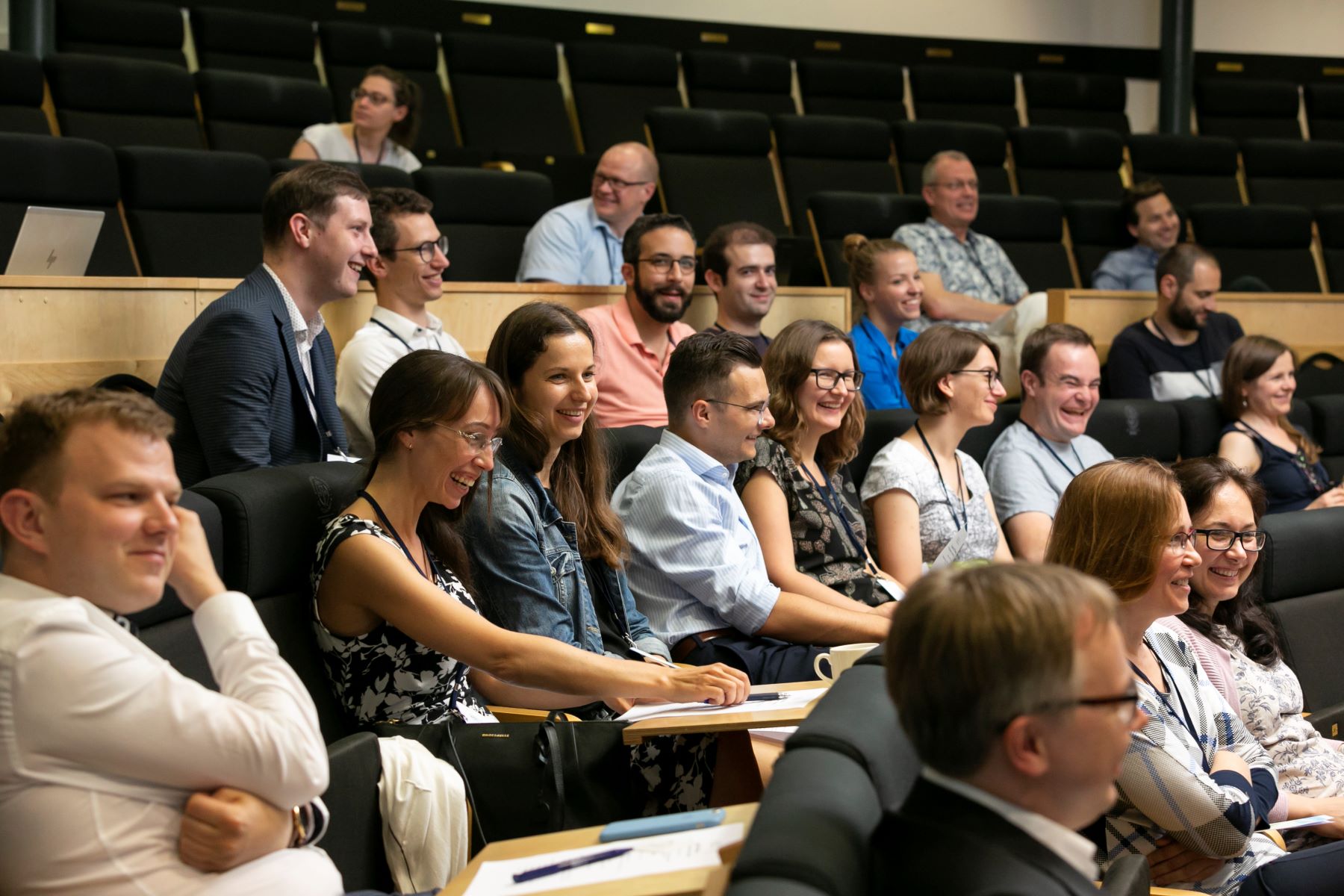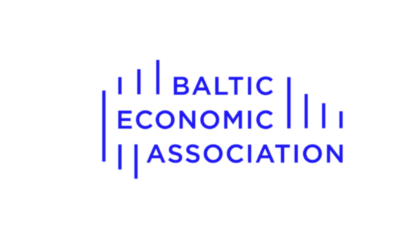You are welcome to join the Research Seminar of the Department of Economics and Finance of Tallinn University of TEchnology (TalTech) on Wednesday, 28 February at 16:00-17:00.
In MS Teams, please join via LINK
“What Drives the Recent Surge in Inflation? The Historical Decomposition Roller Coaster”
Fabio Canova (BI Norwegian Business School)
What drives the current inflation surge? To answer, one must decompose observable inflation fluctuations into the contributions due to structural shocks. We document how whimsical an historical shock decomposition can be in standard vector autoregressive models. Neglecting the uncertainty surrounding the deterministic components implies an erratic behavior for shocks over history under general conditions. Our favorite approach to solve the problem, the single-unit-root prior, massively shrinks the uncertainty around the deterministic components. We show that demand shocks are unambiguously the main drivers of the inflation surge in the United States, the euro area and four small open economies.
Keywords: Bayesian vector autoregression, deterministic component, single unit root prior, inflation dynamics
JEL classification: C11, C32, E32
Authors: Drago Bergholt (Norges Bank), Fabio Canova (BI Norwegian Business School), Francesco Furlanetto (Norges Bank), Nicol`O Maffei-Faccioli (Norges Bank), P˚al Ulvedal (Nord University Business School)

